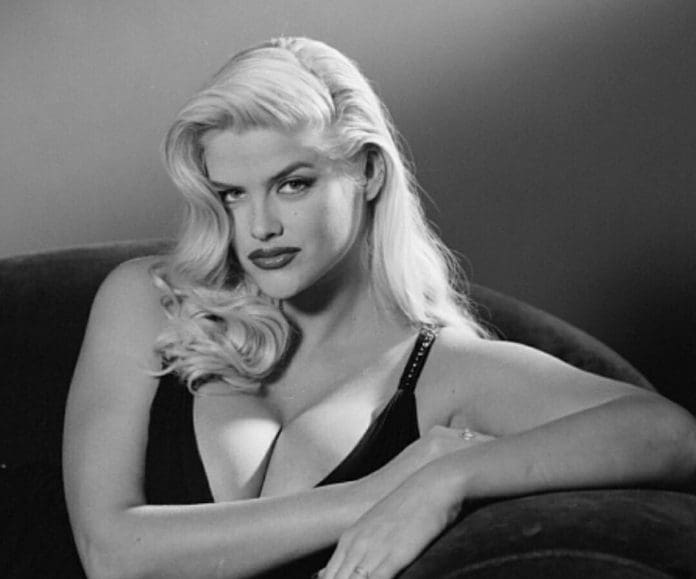Recent years have seen the rise of several projects that aim to give context to the narratives of famous women who had been misrepresented, objectified, or otherwise denigrated during their peak moment as a result of a re-examination of early-aughts tabloid culture and its casual misogyny. Numerous movies on Britney Spears questioned the legality of her conservatorship. Jessica Simpson wrote a popular memoir that addressed the derogatory portrayals of her in the tabloids. The fallout from Pamela Anderson’s sex tape incident was covered in a movie about her. In her autobiography and documentary,
Anna Nicole Smith And The Fatal Enchantment That Surrounded Her Life And Death
There is a desire to revisit these troubled tales to give the general public greater clarity and context—as well as a certain significance to their women, giving them both agency and power. The new Netflix documentary “Anna Nicole Smith: You Don’t Know Me”, which attempts but fails miserably to reinterpret the story about the late media personality and supermodel, sadly does not have that unfortunate outcome. It is directed by Ursula Macfarlane.
At the age of 39, Anna Nicole Smith passed away from an unintentional heroin overdose. She served as a star for both Guess and Payboy, an actress, a sex icon, and the first example of our contemporary, “famous just for the sake of it” form of a celebrity during her lifetime. She has had an overall interesting life, starting from when she first arrived in the “decade of tabloid”. Anna Nicole Smith became the quintessential small-town girl who had made her way into the big glamorous world. Everything about her had a sense of enchantment, starting from her mysterious background to her thrilling personal life or her relationships with old billionaires, which led to destructive feud over properties.
However, the documentary misses the mark entirely by failing to represent Anna Nicole Smith in all her mysteries and flaws, which made her the person that she was instead of simply focusing on the tabloids and headings seems to take the perspective away from the person who had certain shortcomings and seems to portray her only through the eyes of the media, a passive victim of circumstances.






